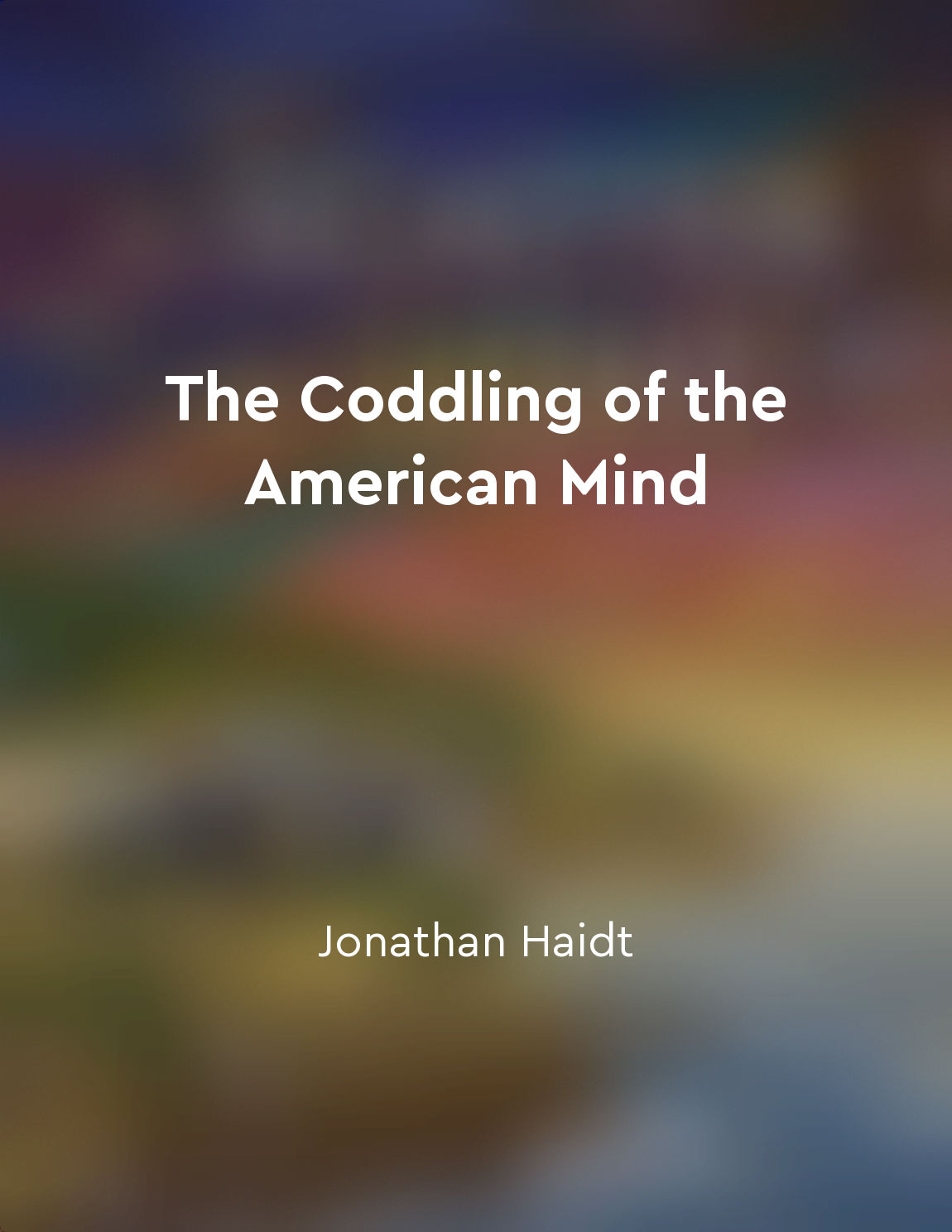Context matters in rapid decisionmaking from "summary" of Blink by Malcolm Gladwell
In rapid decision-making, the context in which we are operating plays a crucial role. Our environment, our past experiences, and the subtle cues we pick up on all contribute to the decisions we make in the blink of an eye. These factors are not always apparent to us, but they have a powerful influence on our intuition and snap judgments. Consider the example of the Getty Museum's decision to purchase a statue known as a kouros. At first glance, the statue appeared to be an authentic ancient Greek artifact. However, experts were divided on its authenticity, with some claiming it was a fake. When the Getty Museum decided to buy the statue, they did so based on a gut feeling that it was genuine. What the experts didn't realize was that the context in which they were making their decision was affecting their judgment. The Getty Museum's curators were surrounded by other genuine artifacts, which created an atmosphere of authenticity that influenced their perception of the kouros statue. This context led them to trust their instincts and make a quick decision to acquire the statue. Similarly, police officers often have to make split-second decisions in high-pressure situations. In these moments, their past experiences, training, and the cues they pick up from their environment all come into play. The context of the situation can affect how they perceive a threat and how they respond to it. For example, in a study conducted by researchers at Washington State University, police officers were shown a series of images of individuals holding either a gun or a harmless object. The officers had to decide quickly whether to shoot or not shoot based on the perceived threat. The researchers found that officers were more likely to shoot when the individual was holding a harmless object if they were in a high-stress situation. This study demonstrates how the context of a situation can influence our rapid decision-making, sometimes leading us to make snap judgments that may not align with our conscious beliefs. Our environment, past experiences, and the subtle cues we pick up on all shape our intuition and guide our quick decisions. It is important to be aware of these influences and to recognize when they might be leading us astray.Similar Posts
Embody critical thinking mindset
To embody a critical thinking mindset means to approach situations with a deep sense of curiosity and a willingness to question...
Improving judgment requires selfawareness and reflection
Improving judgment is not a simple task. It requires a deep sense of self-awareness and a willingness to engage in reflection. ...
Personal preferences guide our decisionmaking process
Our personal preferences play a central role in guiding our decision-making process. Each choice we make is influenced by our u...
They don't avoid responsibilities
Taking responsibility for your actions and choices is a crucial trait that mentally strong individuals possess. They understand...

Avoiding difficult ideas hampers growth
Avoiding difficult ideas hampers growth because it prevents individuals from being exposed to challenging or uncomfortable conc...
Cultivate a habit of reflection and introspection
To truly understand ourselves and our actions, we must take the time to reflect and look inward. This process of introspection ...
Being aware of our emotions can lead to clearer thinking
When we take the time to acknowledge our emotions, we gain valuable insights that can help us make better decisions. By recogni...
She must confront her own demons
Ella knew that she had to face the darkness within herself. She understood that the only way to move forward was to confront he...

Setting meaningful goals can provide a sense of purpose and fulfillment
Setting meaningful goals is essential for achieving a sense of purpose and fulfillment in life. When we have clear objectives t...
Confirmation bias may lead to selective attention
Confirmation bias, a common phenomenon in decision-making, can have a significant impact on how individuals process information...
